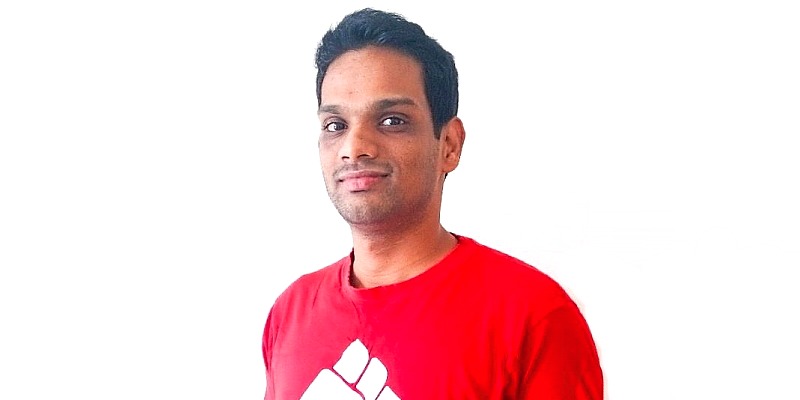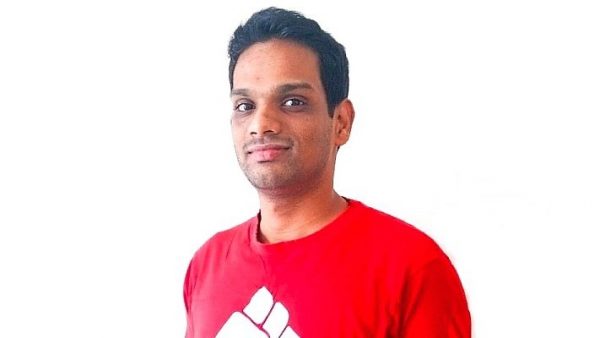
The unilateral sanctions by the United States and its allies on the commodity superpower Russia has caused prices of daily essentials to skyrocket, raising the national subsidy bill.
Malaysia’s capacity to subsidize has been constrained by the large debt accumulated from 40 years of rampant corruption, mismanagement and 1MDB scandal.
Post-GE15, subsidy removal will be the primary political agenda for the winning political alliances.
Subsidy removal without proper alternatives decreases the overall purchasing power among the working class and self-employed households.
Reduction in purchasing power will have a negative impact on the people and nation.
Negative impact of subsidy removal
Firstly, the decline in purchasing power reduces household spending on nutritious food.
Malaysians will reduce the proportion of protein foods such as milk, chicken, eggs and fish. Instead, Malaysians will increase the proportion of cheap carbohydrates such as rice and instant noodles.
Subsequently, the prevalence of obesity and sugar-related NCDs such as heart attack and diabetes will increase.
Children will suffer from nutrition poverty in the form of high carbohydrate but low protein diet.
The high carbs but low protein diet hampers crucial physical development among children, such as muscles, eyes, ears, etc.
The poor development of physique among low-income children leads to poor performance in academics, sports and talent development.
Secondly, decline in purchasing power increases inequality among the future generations.
Disproportional consumption of high carbohydrate but low protein diet by children in low-income households has been linked to low self-esteem.
This low self-esteem, coupled with poor physical development, reduces the future employability of low-income children to exit vicious poverty.
Bank Negara Malaysia has highlighted that the rate of employability among graduates decreases in tandem with family incomes.
The unemployment rate for graduates with monthly family incomes below RM1,000 is nearly 2.5 times higher than those with family incomes above RM5,000.
Thirdly, decline in purchasing power increases household conflicts such as domestic violence and divorce. These could be seen from B60 households during the subsidy rationalization under Najib’s Barisan Nasional administration.
Financial uncertainty forces people to behave negatively under emotional circumstances towards their loved ones which could lead to separation.
Besides, parents constantly worrying about their finances are more likely to beat their children for petty matters such as not switching off the TV or fan.
Children suffering from domestic violence or parental divorce have a higher probability of drifting towards aggressive behaviors, bullying and gangsterism.
Fourthly, the decline in discretionary purchasing power increases the national unemployment rate.
The decline in overall societal spending will cause petty traders and small business to shut and join the unemployment pool.
Meanwhile, formal businesses will defend their profitability through the reduction of labor cost.
The absence of human rights protection framework for migrant workers allows formal businesses to overwork but underpay their undocumented migrant workers.
Henceforth, the formal businesses tend to replace Malaysian workers with migrant workers. The retrenchment of local workers will increase the unemployment rate.
Conclusion
The current discussion on subsidy removal revolves around statistics and data without the impact analysis on real humans.
The current elected politicians in the parliament make up of conservatives, ethno-religionists, centrists, democrats and liberals have failed miserably to understand the impact of subsidy removal without sufficient alternatives.
A strong alternative is a prerequisite for subsidy removal.
(SHARAN RAJ is a human rights activist for universal education, environmentalist and infrastructure policy analyst)
ADVERTISEMENT
ADVERTISEMENT



































